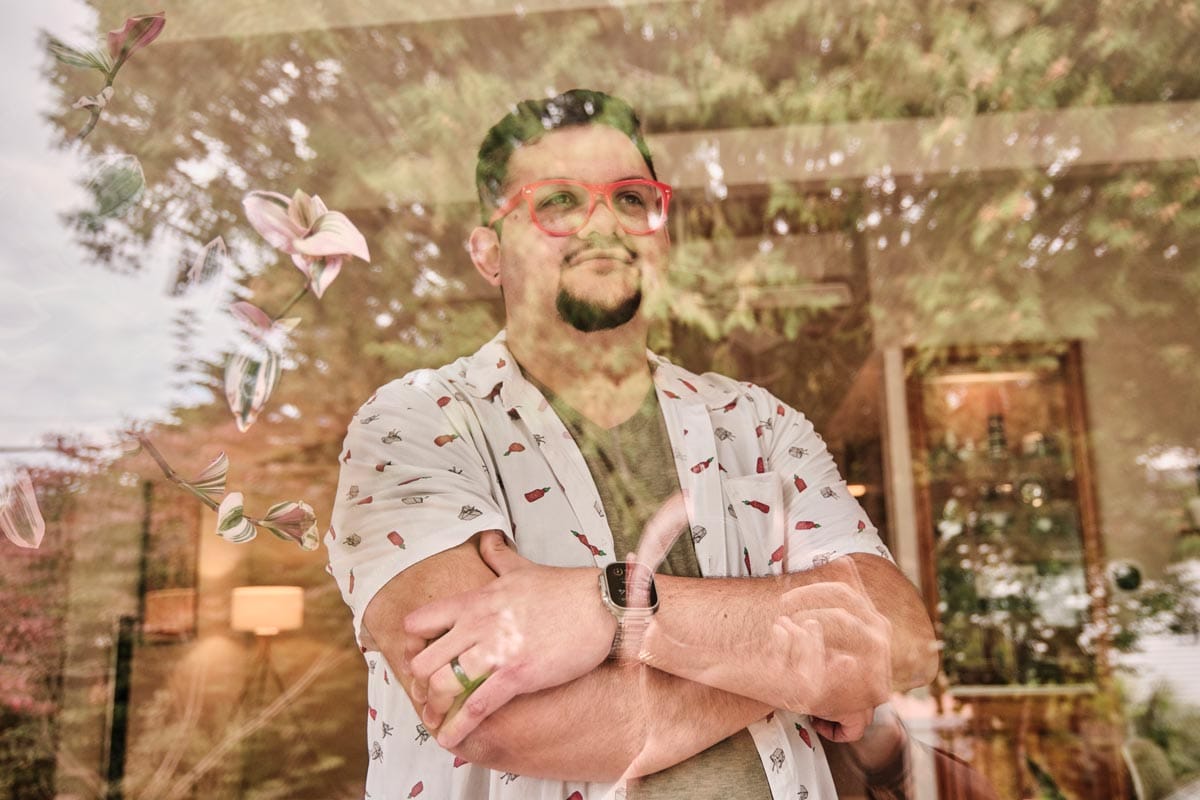
Equity has been at the center of Juan Carlos Noguera’s life’s work for as long as he can remember. “My approach to design is multidisciplinary and multicultural. I use empathy, accessibility, sustainability, and user-centric design as the pillars of my work.”
Noguera’s career is marked by a series of groundbreaking projects that reflect his dedication to improving the lives of individuals, pushing design boundaries, and promoting inclusivity, exemplifying his passion for design with the potential to change lives.
Humble Origins
Born in Guatemala, Noguera is no stranger to hardship. His early life fueled his desire to work towards improving both himself and the world around him. “As an immigrant from very humble origins, I have learned to be self-reliant, to do more with less, and to never say something is impossible.”

In 2013, he received the Fulbright Scholarship, which allowed him to move to the United States to pursue graduate studies in industrial design at the Rhode Island School of Design. This period was transformative for him, both personally and professionally. In 2015, he returned home to Guatemala to help start an Industrial Design BFA program at Universidad Francisco Marroquin.
Empowering Mobility and Quality of Life
Noguera’s project “Wheelchair Designs for Developing Countries” illustrates his dedication to improving lives by using design to democratize access. In collaboration with the Transitions Foundation and Design Without Borders, Noguera designed a range of wheelchair models tailored to the needs of people in developing countries, particularly his home country of Guatemala. These wheelchairs are highly durable and specifically adapted to the anthropometrics of the local population, and terrain that individuals need to navigate in their communities. Since their introduction in 2011, Noguera’s wheelchairs have provided thousands of Guatemalans with much-needed access to mobility and an improved quality of life.

Revolutionizing 3D Printing
In 2015, Noguera embarked on a venture that would reshape consumer manufacturing. Collaborating with Harvard SEAS scientists and engineers, he designed the Voxel8 Developer’s Kit, the world’s first desktop 3D electronics printer. This revolutionary innovation liberated designers and engineers from the constraints of traditional fabrication methods, enabling the production of functional electronics parts using filament and conductive feedstocks.

Transforming Education with Innovative Toys
Noguera’s impact extends beyond industrial and product design. His dedication to education and accessibility is seen in his work on the Circuit Scribe Educational Toy. This innovative system, incorporating a novel conductive ink developed by Harvard SEAS PhD students, consists of a conductive ink pen and magnetic components like batteries, LEDs, motors, and transistors.










Circuit Scribe has revolutionized the teaching of electronics in K–12 education. It allows students to visualize and experiment with simple circuits directly in their school notebooks, accelerating their understanding of electronics concepts. This innovation has not only enhanced STEM education but also attracted more students to the fields of engineering and design.
A Commitment to Diversity and Inclusivity

Noguera recognizes the value of cultural exchange and the power of individuals to engage their own diverse backgrounds and experiences to solve complex problems. As a professor of industrial design at the Rochester Institute of Technology, he imparts his values and vision to the next generation of designers.
Related News
Maryam Turkey: Deconstructing Architecture

Ramon Tejada: Decolonizing Design

$250,000 in Vilcek Foundation Prizes Awarded to Immigrant Designers

You may also be interested in
Juan Carlos Noguera

Ramon Tejada

Maryam Turkey
